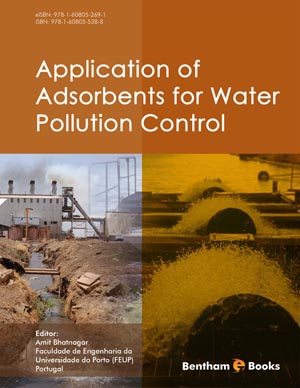Abstract
Clinoptilolite {(Na, K, Ca)2 - 3Al3(Al, Si)2Si13O36-12H2O, Hydrated Sodium Potassium Calcium Aluminum Silicate} may be not the most well known, but it is one of the most useful natural zeolites. Clinoptilolite is used in many applications such as a chemical sieve, a gas absorber, a feed additive, or food additive, an odor control agent and as a water filter for municipal and residential drinking water and aquariums. Clinoptilolite is well suited for these applications due to its large amount of pore space, high resistance to extreme temperatures and chemically neutral basic structure. What might strike many as odd is the food and feed additives. Clinoptilolite has been used for several years now as an additive to feed for cows, pigs, horses and chickens. It absorbs toxins in the feed that are created by molds and microscopic parasites and has enhanced food absorption by these animals. A similar use in actual people food is being tested. Zeolites can easily absorb ammonia and other toxic gases from air and water and thus can be used in filters, both for health reasons and for odor removal. Can zeolite preserve food? The answer is YES. This chapter describes an up-to-date review for the implantations of zeolites in several food industrial activities.
Keywords: Egg production, bone performance, aflatoxin, fish production, medicine, zeolites in soft drinks, zeolite softening, antimicrobial agents, zeolite to package materials, zeolite as antimicrobial film.












